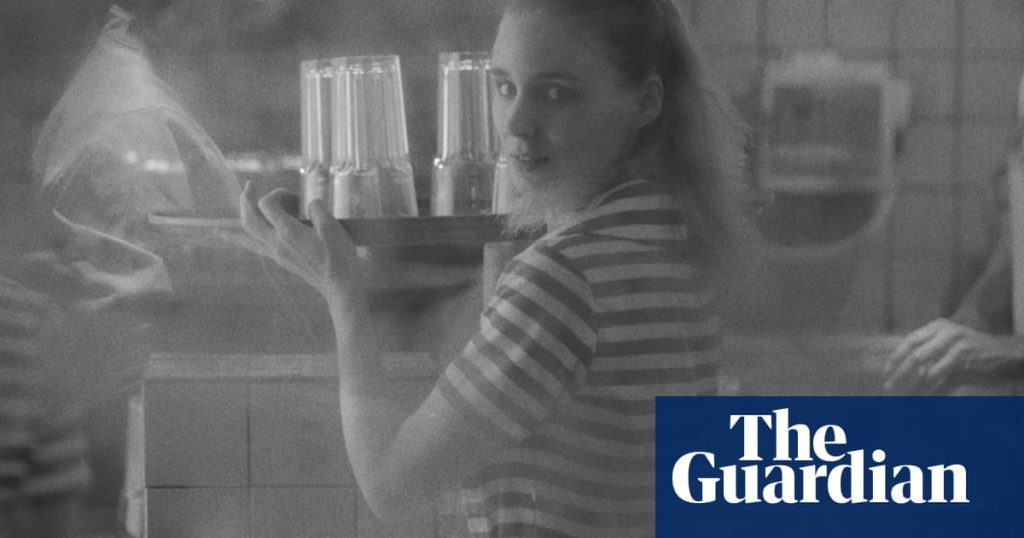From Rainforest Cafe to the Director’s Chair
For anyone who frequented the now-closed Rainforest Cafe in Piccadilly Circus, home to overpriced burgers and fake foliage, they might have unknowingly encountered a future filmmaker. In the early 2000s, Alonso Ruizpalacios, who has since become a celebrated director known for his unique films like A Cop Movie and the recent La Cocina starring Rooney Mara, was just a young man in baggy khaki shorts greeting guests. He would introduce himself as their “safari guide” and reassure them about the likelihood of rain showers in the establishment.
Reflecting on a Humble Start
Now 47 and sitting in a London hotel with views of the Thames, Ruizpalacios grimaces at that chapter of his life, recalling, “You had to give the whole spiel. It was really unpleasant.” Raised in a suburb of Mexico City by physician parents, he possesses a scruffy appearance with curly hair and bold glasses. His passion for acting was driven by a desire to direct, stating, “I needed to understand actors.”
Insights on Actors
When discussing actors, he describes them as “strange creatures” filled with contradictions, diplomatically stating, “I don’t want to say the wrong thing,” especially considering his marriage to Ilse Salas, a star of his debut film, Güeros. While studying at Rada, he held various jobs, including at the Rainforest Cafe, which he connects to his latest film, La Cocina, an adaptation of Arnold Wesker’s 1957 play The Kitchen.
A Glimpse into La Cocina
La Cocina presents a vivid portrayal of life for American restaurant workers, particularly focusing on immigrant staff dealing with the chaos of a day at The Grill. The film features Pedro, portrayed by regular collaborator Raúl Briones, who harbors feelings for Julia, played by Mara. Ruizpalacios acknowledges the concern that hiring a star like Mara might skew the cast balance, but he argues that Pedro’s view of Julia as a Hollywood star reflects her character in the film.
Artistic Choices and Challenges in Filmmaking
Shot in black-and-white, Ruizpalacios chose this style to create a timeless aura, deliberately omitting modern elements like mobile phones. Though inspired by the success of films like Roma, he faced skepticism from financiers regarding the aesthetic and storyline choices, notably the lack of food-centered visuals and the inclusion of heavy themes like abortion.
Addressing Contemporary Issues
Amidst the rise of kitchen dramas, he reflects on the urgency of releasing La Cocina in a climate hostile to its themes, including undocumented immigration and anti-capitalism. He believes the film serves an important commentary on the oppressive nature of capitalism, stating, “It shows how relationships are obliterated by the rhythm of capitalism.” As he continues to navigate these conversations, he acknowledges that financing this film would have been nearly impossible in today’s environment.
Future Aspirations and Broader Perspectives
Despite his recent work directing episodes for the Star Wars series Andor, Ruizpalacios emphasizes the value of working in Mexico and urges for a deeper understanding beyond Hollywood. Finally, he rejects the pressure to secure an Oscar, arguing that such accolades are not the ultimate goal, stating, “Most people can’t even remember what won last year.” With La Cocina debuting in cinemas on March 28, his commitment to storytelling rooted in authentic experiences continues to shine.



